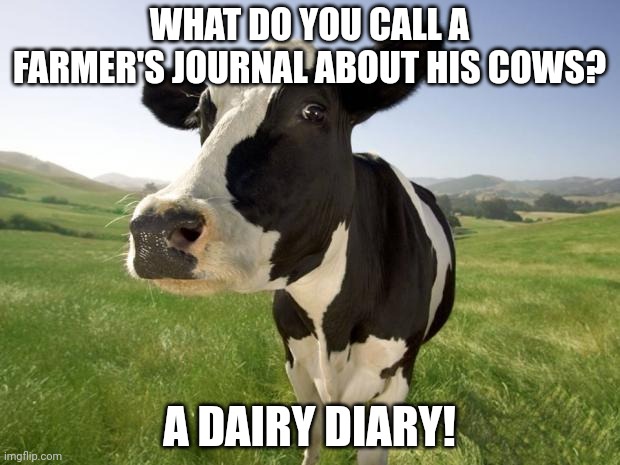Is Protein Powder Dairy-Free? Here’s How to Tell
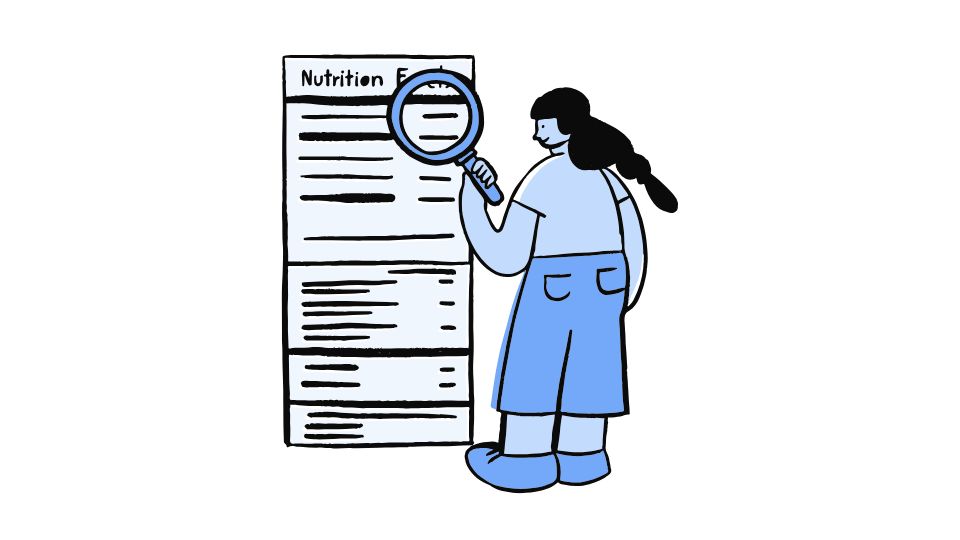
Can protein powder be dairy-free? Absolutely. But not all protein powders skip the dairy.
I used to think all protein powder was basically the same stuff. Turns out that’s like thinking all milk is the same (spoiler: oat milk and cow milk are pretty different).
The answer depends entirely on what the protein is made from. And there are a ton of options out there beyond the classic whey protein that dominated gym bro culture for decades.
So let’s dive into the world of protein powders – both the dairy-filled and dairy-free varieties – and figure out which one might be right for you. (And most importantly, which ones won’t leave you with that “why does my stomach hate me” feeling after your workout).
Protein Powder 101: Dairy vs. Dairy-Free
Let’s start with the basics: traditional protein powders come from milk. Yep, that means they contain dairy.
The OG Dairy Protein Powders
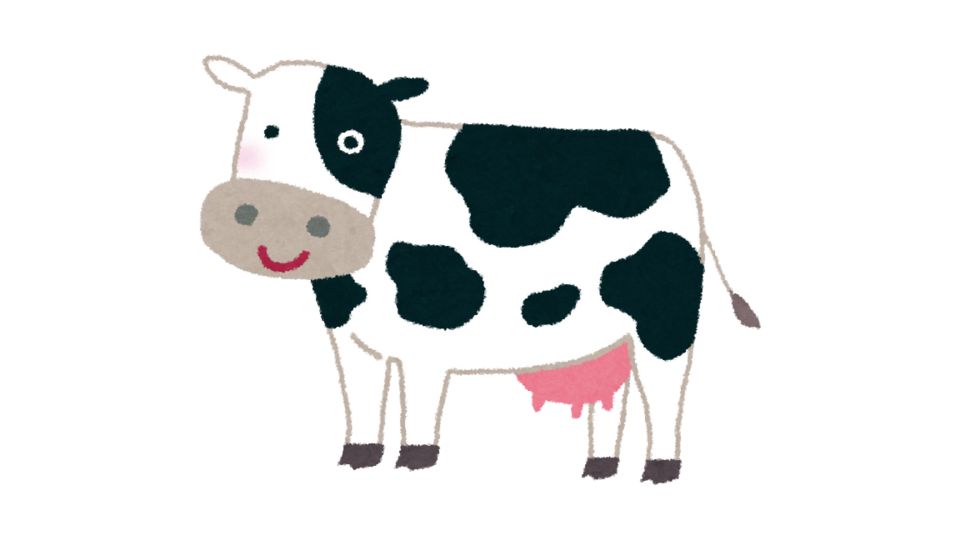
The two main dairy-based protein powders are:
Whey protein – This is the most popular and comes from the liquid part of milk during cheese production. It’s a complete protein with all essential amino acids and digests quickly.
Casein protein – Also from milk, but digests much slower. Some bodybuilders take this before bed for overnight muscle recovery.
Both of these contain lactose (milk sugar) and dairy proteins, which means:
- Not for the lactose intolerant
- Not for people with dairy allergies
- Not for vegans
The Dairy-Free Protein Squad
For those avoiding dairy (whether by choice or necessity), there are plenty of alternatives that pack a similar protein punch:
Plant-Based Proteins
Pea protein – The MVP of plant proteins. High in branched-chain amino acids (BCAAs) that support muscle growth and recovery. Studies show it can build muscle almost as effectively as whey.
Rice protein – Lower in lysine (an essential amino acid) but gentle on stomachs. Often combined with pea protein to create a complete amino acid profile.
Hemp protein – Not just for hippies! Contains omega-3 fatty acids and fiber, though less protein by volume than other options.
Soy protein – The OG plant protein. Complete amino acid profile but some people avoid it due to concerns about hormones (though research suggests these fears are largely overblown).
Pumpkin seed protein – Rich in zinc and magnesium, great for immune system support.
Animal-Based But Dairy-Free
Collagen protein – Technically animal-derived (usually from cow or marine sources) but contains no dairy. Great for skin, joints and hair, but not a complete protein for muscle building.
Egg white protein – Complete protein that’s dairy-free, though obviously not vegan.
Benefits of Going D
airy-Free with Your Protein
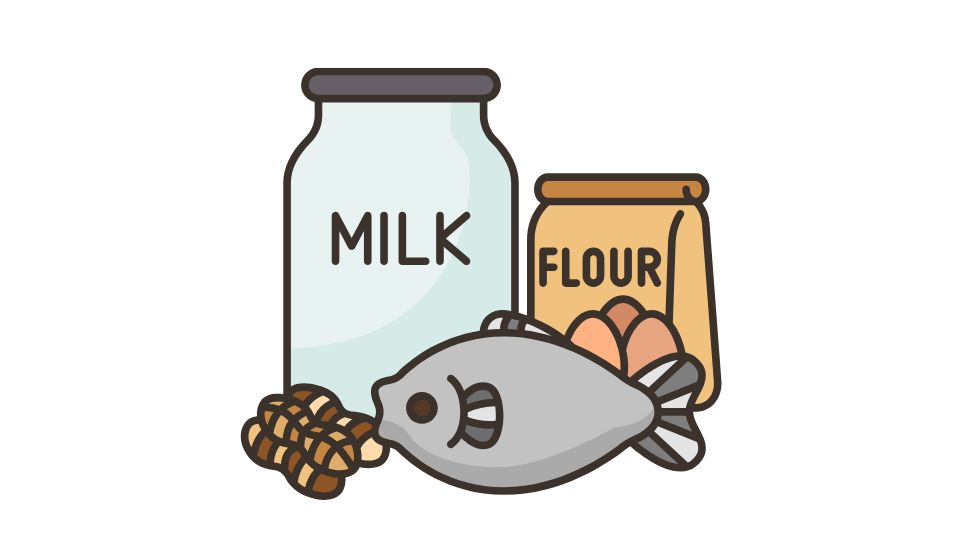
Why might you want to choose a dairy-free protein? There are several good reasons:
No more bathroom emergencies – If you’re lactose intolerant, dairy proteins can cause bloating, gas, and diarrhea. Not exactly what you want mid-workout.
Allergy-friendly – Dairy allergies can range from mild discomfort to serious reactions. Dairy-free proteins eliminate this risk.
Ethical and environmental choices – Plant proteins generally have a lower environmental footprint than dairy production.
Added nutritional bonuses – Many plant proteins come with fiber, antioxidants, and other nutrients not found in whey.
The Taste, Texture, and Price Reality Check
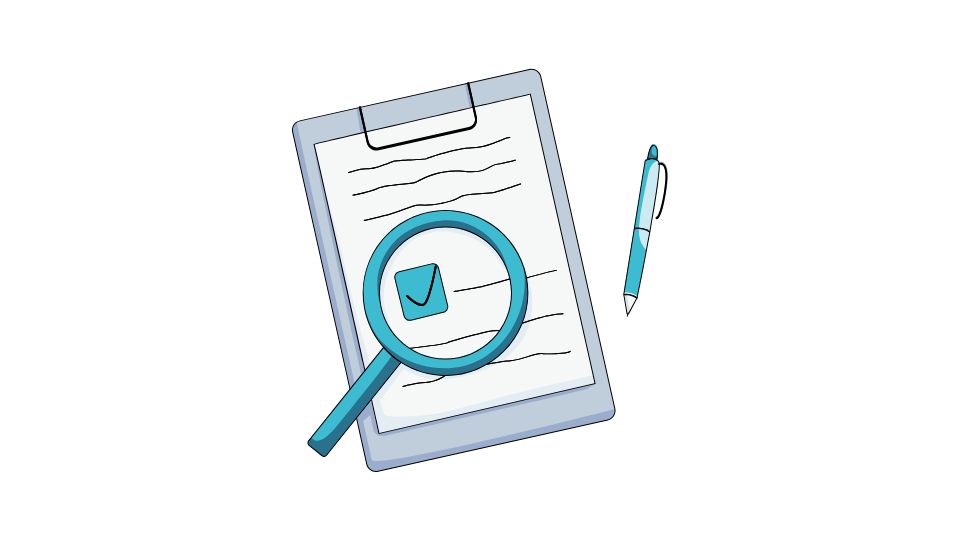
Let’s be honest about some tradeoffs:
Price point: Dairy-free proteins typically cost more than whey. You might pay $2-2.50 per serving compared to $1-2 for whey.
Texture matters: Some plant proteins can be grittier or have an earthy flavor. Brands try to overcome this with blends and flavors, with varying success.
Mixability: Whey dissolves like a dream. Some plant proteins… not so much. A blender bottle is your friend here.
Popular Dairy-Free Protein Powders Worth Trying
The market has exploded with options in recent years. Some standouts include:
- Orgain Organic Plant Protein – A blend of pea, brown rice, and chia with a decent taste profile
- Vega Sport – Popular among athletes, with added performance ingredients
- Garden of Life Sport – Organic, NSF Certified for Sport, and complete amino acid profile
- KOS Organic Plant Protein – Contains digestive enzymes to help with absorption
How to Choose the Right Dairy-Free Protein

Picking the perfect protein powder is like dating – you might need to try a few before finding “the one.” Consider:
Protein completeness – Look for blends that provide all essential amino acids.
Added ingredients – Some have digestive enzymes, probiotics, or vitamins that might benefit your specific needs.
Your goals – Building muscle? Weight loss? Recovery? Different formulations target different outcomes.
Allergens – Avoiding dairy doesn’t help if you’re allergic to the alternative. Check if you react to soy, pea, or other ingredients.
Sugar content – Some dairy-free proteins compensate for taste with added sugars. Check the label if you’re watching your intake.
The Bottom Line
Is protein powder dairy-free? Some are, some aren’t. If you’re avoiding dairy, you’ve got plenty of options that won’t leave you missing out on gains.
The best protein powder is ultimately the one that:
- Meets your nutritional needs
- Agrees with your digestive system
- Tastes good enough that you’ll actually drink it
- Fits your budget and lifestyle
And remember, protein powder is just one part of a healthy diet. No amount of fancy supplements will make up for poor overall nutrition. As the saying goes, you can’t out-supplement a bad diet!
So whether you’re dairy-free by necessity or choice, there’s a protein powder out there with your name on it. Your muscles (and bathroom schedule) will thank you for making the right choice.

